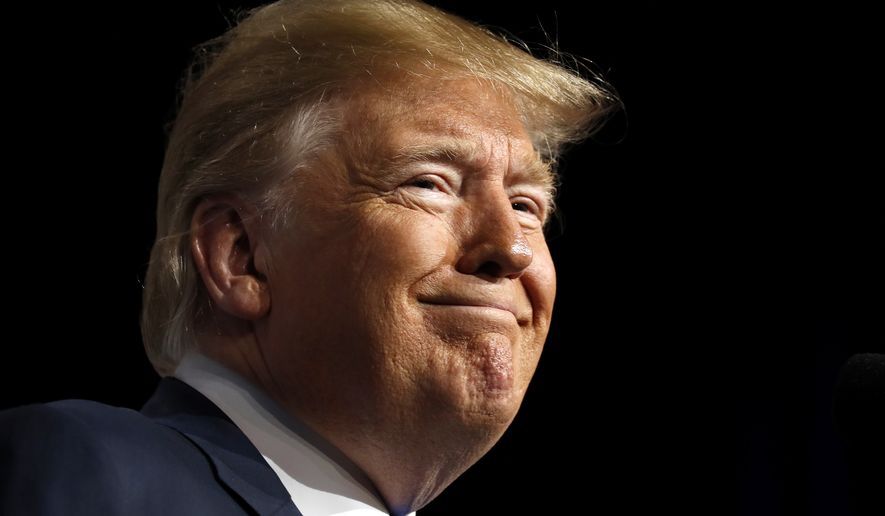Brushing aside Sen. Kamala D. Harris’ complaints, Senate Republicans on Tuesday approved a new judge for the federal appeals court with jurisdiction over California, further narrowing Democrats’ edge on the famously liberal court.
Daniel Bress was approved on a 53-45 vote, with Sens. Bernard Sanders of Vermont and Kirsten E. Gillibrand of New York not voting.
Ms. Harris and Sen. Dianne Feinstein, California’s two Democratic senators, had complained that Mr. Bress was a Washington, D.C., lawyer who wouldn’t represent California’s interests on the 9th U.S. Circuit Court of Appeals. They said the seat he was filling should go to a Californian.
“We have an imported judge now coming into the 9th Circuit,” Ms. Feinstein said.
The two Democrats tried to use the Senate’s blue slip tradition, a courtesy to home-state senators, to block Mr. Bress. But Republicans have said they won’t let the blue slips be a veto over circuit nominees.
“Mr. Bress comes with strong credentials, the academic pedigree, the legal experience and most importantly a demonstrated commitment to the rule of law,” said Senate Majority Leader Mitch McConnell, Kentucky Republican.
Mr. Bress is the seventh Trump-appointed judge to win confirmation to the 9th Circuit.
There are now 28 active judges, and one vacancy still to be filled. Of those 29 seats, at least 13 are linked to California under an informal tradition of assigning seats on appeals courts to a certain state.
Judiciary Chairman Sen. Lindsey Graham said Mr. Bress’s nomination is the only time Ms. Feinstein has questioned the state ties of a circuit nominee.
While Mr. Bress currently works for a D.C. law firm, he is a member of the California bar.
“He considers himself a Californian. His family lives in California,” said Mr. Graham.
He compared Mr. Bress to Justice Neil M. Gorsuch, who was born in Denver but grew up in Washington, D.C., and practiced law as a D.C. attorney. He was confirmed to a seat on the Denver-based 10th U.S. Circuit that had traditionally been belonged to Colorado, though he did not practice law in the state.
“We’re not going to change the rules just because Trump is in the White House here. What we did here is well within the line of what we have done in the past,” Mr. Graham said.
Ms. Feinstein, the top Democrat on the Judiciary Committee, has argued for adhering to the blue slip policy, and said state claims to court seats should be respected too.
“I’m so disappointed the majority has disregarded this,” she said on the Senate floor.
Dust-ups over circuit seats and the states they’re associated with erupt every so often.
Curt Levey, president of the Committee for Justice, said the seats are a “prize” for senators to hand out to individuals they want as judges. Senators typically push for the president to nominate one of their favorites for federal court vacancies in their home state.
“They get power and influence in having control over these seats, so they fight like hell,” Mr. Levey said.
Sen. Steve Daines, a Montana Republican who backed Mr. Bress, said Tuesday’s fight over his confirmation was more reason to split up the 9th Circuit, the largest federal appeals court, which spans nine states including Montana.
“Folks in Big Sky Country are sick and tired of activist judges in California throwing rural states like Montana under the bus. These judges are legislating from the bench and not doing their job,” he said.
• Alex Swoyer can be reached at aswoyer@washingtontimes.com.




Please read our comment policy before commenting.